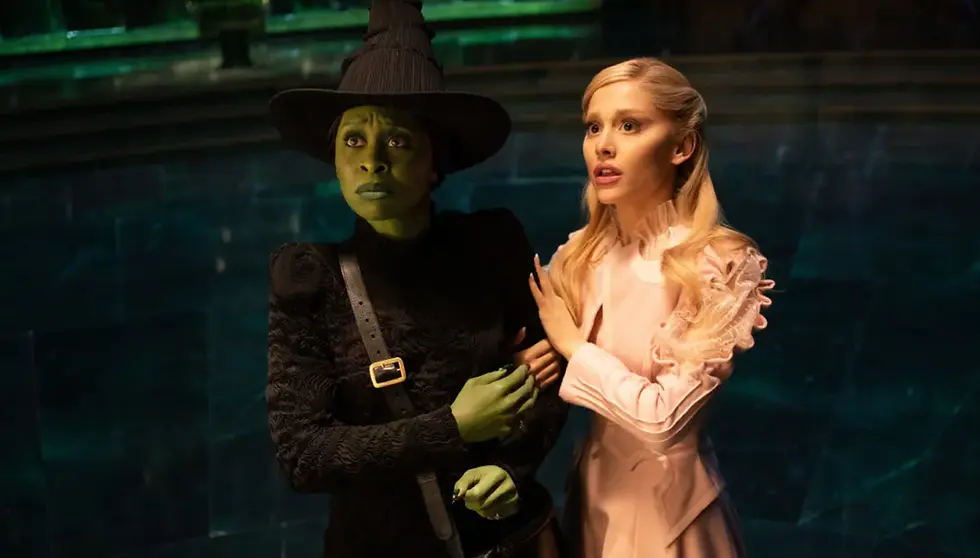Oslo - National Theatre
- comaweng
- Sep 18, 2017
- 3 min read

Chaos and order, order and chaos, and then a gentlemen’s agreement, in principle, but terms and conditions apply. Oslo, a play about the Oslo Accords, the result of months of secret negotiations between the Israeli government and the Palestinian Liberation Organization, is otherwise best summarised by a line by Ahmed Qurie (Peter Polycarpou), the PLO’s Finance Minister at the time. Speaking to his Israeli counterparts, he threatens to “wage war upon you until the last days of time”, but without drawing breath, he adds, “but also we are open to a counter proposal.”
There’s an underlying sense of humour that keeps breaking through proceedings, partly down to Terje Rød-Larsen (Toby Stephens) and his dry wit and diplomatic skills, but also the willingness of people on both sides to talk as ‘friends’, at least within the confines of the meeting room. It seemed a little contrived to break the story up, more than once, with a joke, which suddenly appears almost out of nowhere. The punchlines were at least topical, and strangely refreshing in their lack of sensitivity – not for nothing is a fight director (Jonathan Holby) listed in the show’s credits.
It’s absorbing yet complicated, and, truth be told, it starts to drag in the second half, perhaps because Acts Two and Three (of three) are lumped together, making the interval in an almost three-hour long play come too soon. The story is big and the staging is, somewhat unnecessarily, imposing, but given the magnitude of the storyline, there aren’t that many actors involved in making it all happen. This is probably why it’s incredibly focused, without being overwhelming: only those who need to be present are on stage, and even then there are times when business continues via telephone.
Bits of set are, slightly remarkably for a production at the National Theatre about to transfer to the West End, pushed and pulled into place by the cast more often than not. But then, to not use automation is something of a metaphor – there really is no outside assistance, and almost everything is kept under wraps. The scene changes are not at all clunky, and the intensity of some of the proceedings is such that a brief period of quiet during a changeover is welcome.
A sound effect towards the end of the play, a low humming noise, presumably meant to heighten the rising tensions as the negotiations get simultaneously more pedantic and more interesting, was wholly superfluous. In the end, it began to irritate me, and then to distract from what were momentous and poignant scenes. The play does much better with asides from Mona Juul (Lydia Leonard), an official in the Norwegian Foreign Ministry, in which she addresses the audience directly, ensuring it is fully briefed on who is who and what, as far as the character could reasonably be expected to know, is going on.
Every character, as far as I could deduce, had at least some development, including Toril Grandal (Geraldine Alexander), the cook. I liked a running gag about her waffles, which, being appreciated by both sides, became a reliable source of common ground. Hassan Asfour (Nabil Elouahabi), the official PLO liaison, is abrasive but very lively. The script (JT Rogers) is extremely well-written, and it appears to me that every generation must find its own way: the methods of diplomacy deployed here may have worked wonders in its time, but in the current era of social networking and instant messaging, it comes across as a tad outdated. The same cannot be said of the play itself, which may well become, if you can excuse the oxymoron, a modern classic.
Four stars




Comments